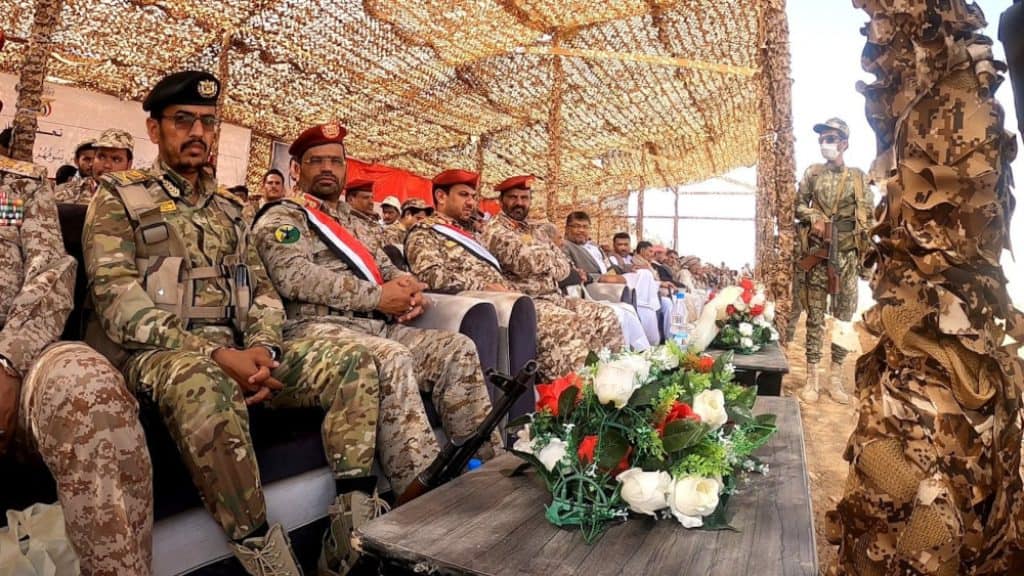
On October 4, the US military said it attacked Iran-backed Houthi military facilities in Yemen.
“U.S. Central Command (CENTCOM) forces conducted strikes on 15 Houthi targets in Iranian-backed Houthi-controlled areas of Yemen today at about 5 p.m. (Sanaa time). These targets included Houthi offensive military capabilities. These actions were taken to protect freedom of navigation and make international waters safer and more secure for U.S., coalition, and merchant vessels,” stated CENTCOM.
Unverified video posted on social media following the operation purported to show airstrikes in the capital of Sanaa on Friday afternoon.
The strikes come five days after the Israeli Air Force carried out a long-range military operation against Houthi targets in the Ras Isa and Hudaydah areas of Yemen. The Israeli military said some of the sites targeted were power plants and a seaport used to import oil and transfer Iranian weapons to the region.
The US and Israeli strikes are in response to persistent Houthi attacks on commercial and military vessels in the Red Sea, as well as drone and missile assaults against the Jewish State following the Hamas-led terrorist attack on October 7, 2023.
While the US and its coalition partners have been conducting military operations against Houthi weapons systems, the results have yet to compel the Yemen-based group to halt its attacks. In effect, the Houthis have been able to absorb the losses they have taken from US and British strikes since they began on January 12.
CENTCOM commander General Michael Erik Kurilla shared a similar assessment in July when he reported that military operations against the Houthis were “failing” and suggested a more forceful approach against the group.
Conversely, Israel has been able to significantly disrupt Hezbollah, a more powerful Iranian proxy force in Lebanon, by targeting the group’s leadership. Meanwhile, the Houthi leadership structure remains intact. Identifying Houthi leaders and assessing the options available to act against them may be a viable strategy for the US and its partners. As of now, the weak military response against the group is not deterring the Houthis from attacking commercial and military targets.
What follows is a list of Houthi leaders, including their known US sanctions status as of this writing:
Houthi Officials and Commanders
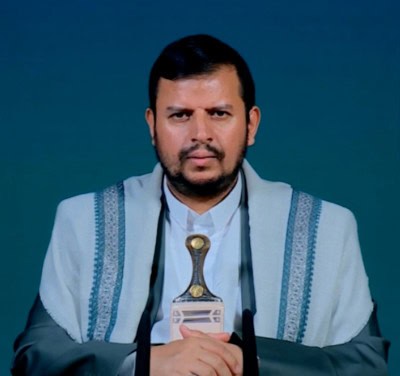
Abdul Malik Badruddin Al-Houthi (Abu Jibril): Houthi leader.
Sanctions: The US Department of the Treasury sanctioned Al-Houthi in 2015 under Executive Order 13611, and the US Department of State designated him as a Specially Designated Global Terrorist in 2021.
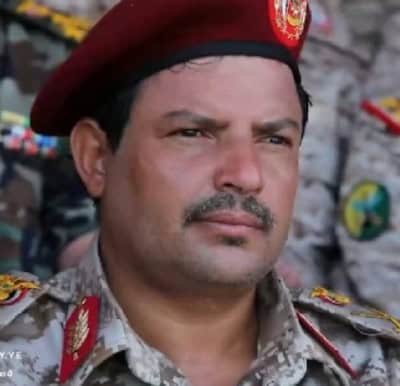
Abdul Khaliq Badruddin Al-Houthi (Abu Yunis): Commander of the Republican Guard (Presidential Reserve), commander of the Special Forces, commander of the Central Region, and de-facto commander of the Strategic Missile Forces.
Sanctions: The US Department of State sanctioned Al-Houthi as a Specially Designated National in 2014 and a Specially Designated Global Terrorist in 2021.
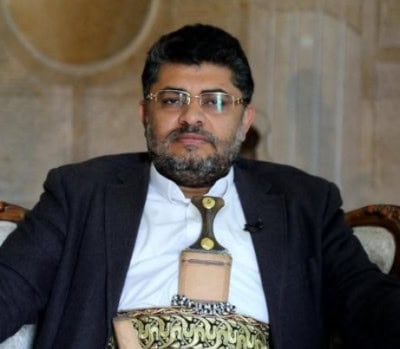
Muhammad Ali Al-Houthi (Abu Ahmad): Member of the Supreme Political Council, head of the Supreme Revolutionary Committee, and oversees the supervisors in all governorates.
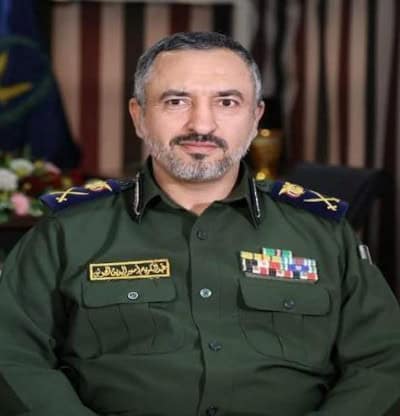
Abdul Karim Amiruddin Husayn Al-Houthi: Minister of interior, director of the executive office of Ansar Allah.
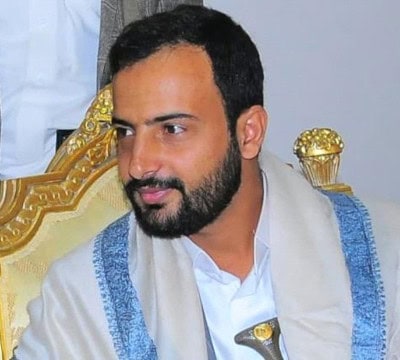
Ali Husayn Badruddin Al-Houthi: Son of founder Husayn Al-Houthi, deputy minister of interior, and de-facto commander of the Rescue and Central Security Forces.
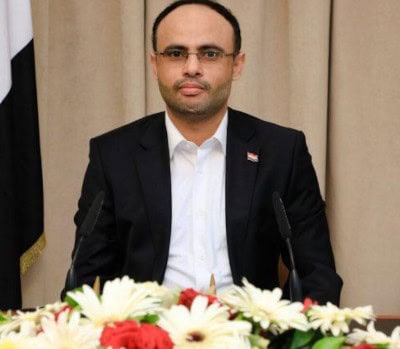
Mahdi Al-Mashat: President of the Supreme Political Council and private secretary to the leader of the revolution.
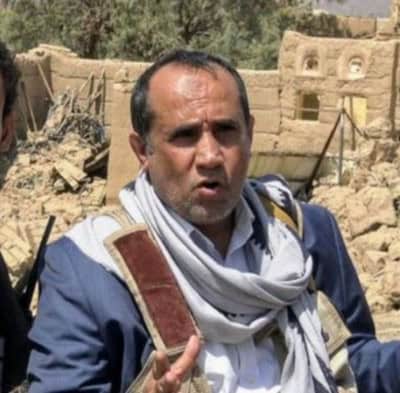
Ahmad Muhammad Yahya Hamid (Abu Mahfuz): Director of the Presidential Office, chairman of the board of the Supreme Council for the Management and Coordination of Humanitarian Affairs and International Cooperation, chairman of the Media Authority for Ansar Allah.
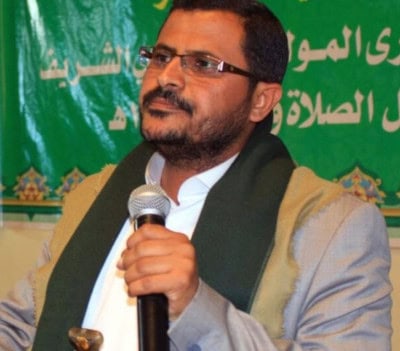
Safar Majdi Al-Sufi: Director of the Leader of the Revolution’s Office.
Sanctions: The US Treasury Department sanctioned Al Sufi in 2014 under Executive Order 13611.

Abdul Hakim Hashim Al-Khaywani (Abu Al-Karrar): Head of the Security and Intelligence Service.
Sanctions: The US Department of Treasury sanctioned Al-Khaywani as a Specially Designated National on December 10, 2020.
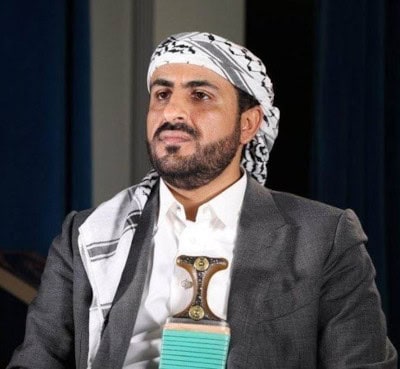
Abdul Salam Salah (Muhammad Abdul Salam): Chairman of the Al-Masirah Network, official spokesperson, head of the negotiating delegation, and oil tycoon.
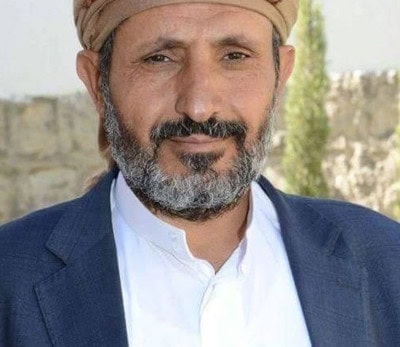
Sheikh Dayf Allah Rassam: Chairman of the Tribal Cohesion Council.
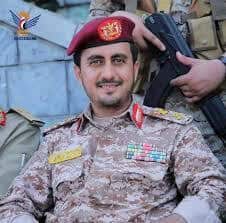
Yusuf Ahsan Ismail Al-Madani: Commander of the 5th Military Region “Red Sea.”
Sanctions: The US Department of the Treasury designated Yusuf al-Madani as a Specially Designated National (SDN) on May 20, 2021. Also, the US Department of State designated al-Madani as a Specially Designated Global Terrorist (SDGT) on May 20, 2021.
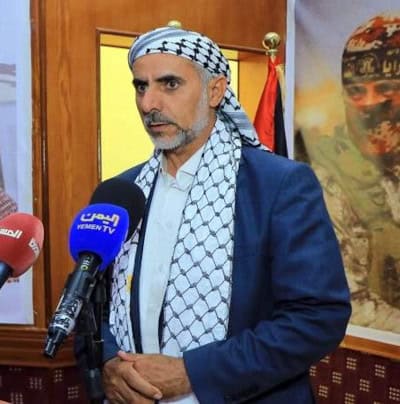
Muhammad Ahmad Ahmad Muftah: First deputy prime minister, scholar and jurist, and head of the Supreme Committee for Supporting Al-Aqsa.

Ahsan Al-Hamran: Head of the Central Jihadist Preventive Security Service.
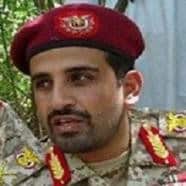
Muhammad Abdul Karim Al-Ghamari: Chief of general staff.
Sanctions: The US Department of the Treasury designated Al-Ghamari as a Specially Designated National on May 20, 2021.
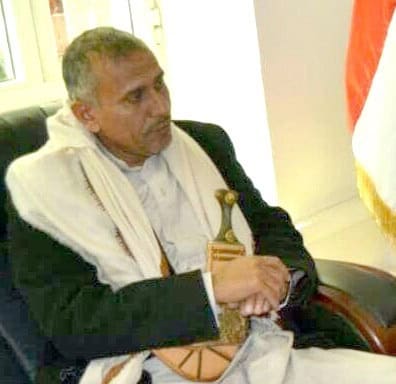
Mutlaq Amir Al-Marrani: Deputy head of the Security and Intelligence Service.
Sanctions: On Dec. 10, 2020, the US Department of the Treasury designated Mutlaq Amir al-Marrani for human rights abuses.
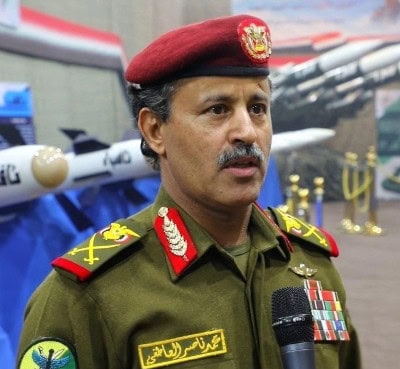
Muhammad Nasir Al-Atifi: Yemeni minister of defense.
Sanctions: The US Treasury Department sanctioned Al-Atifi as a Specially Designated National on January 25, 2024.
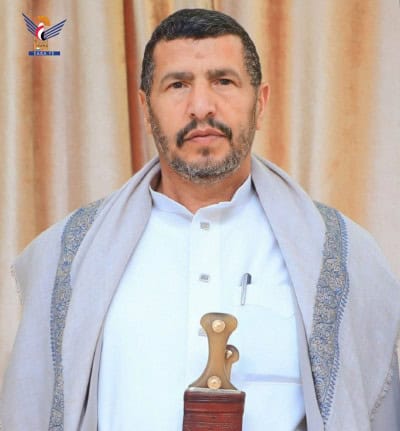
Abdullah Ayda Al-Razami: One of the founders of the Houthis, a military leader, and a tribal sheik.
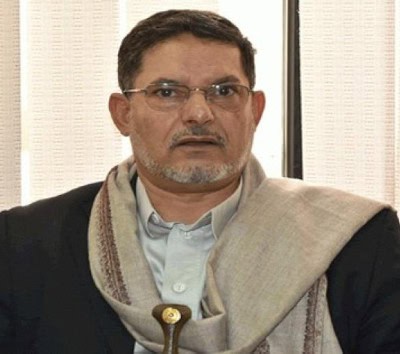
Yahya Al-Houthi: Recently dismissed minister of education.
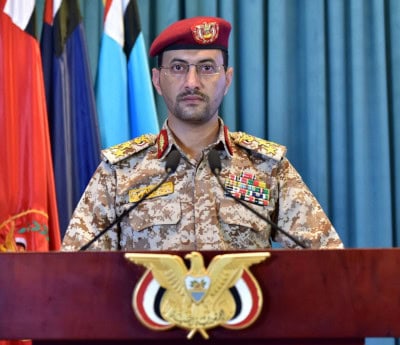
Yahya Saree: General and Houthi military spokesperson.
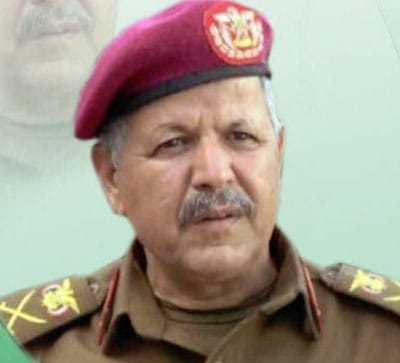
Saleh Mesfer Al-Shaer: Current position within the Houthi organization is unknown. May continue to hold the role of commander of the Houthi-controlled military logistics support organization.
Sanctions: On November 18, 2021, the US Treasury Department sanctioned Al-Shaer for illegally seizing opposition property.
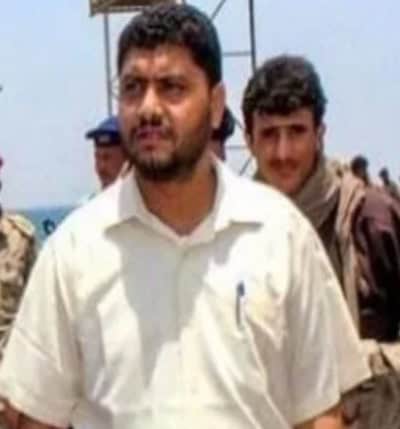
Mansour Al-Saadi: chief of staff of the Naval Forces and Coastal Defense.
Sanctions: The US Treasury Department sanctioned Al-Saadi on March 2, 2021, for his destabilizing activities on behalf of the Houthis, including “orchestrating attacks by Houthi forces impacting Yemeni civilians, bordering nations, and commercial vessels in international waters.”
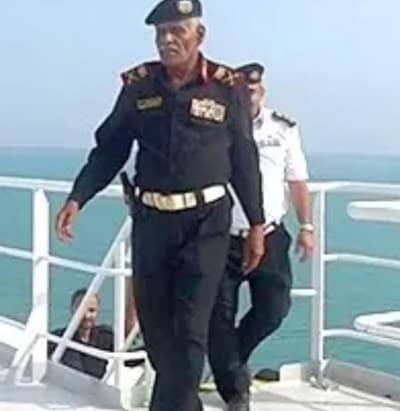
Muhammad Fadl Abd Al-Nabi: Commander of the Houthi maritime forces.
Sanctions: The US Treasury sanctioned Al-Nabi on January 25 for carrying out attacks against maritime vessels in the Red Sea.
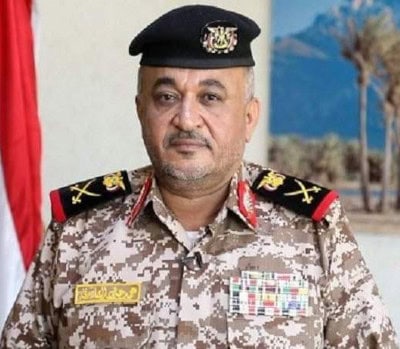
Muhammed Ali Al-Qadiri: Coastal Defense Forces chief and the director of the Houthi Naval College.
Sanctions: The US Treasury Department sanctioned Al-Qadiri on January 25 as a Specially Designated National for carrying out attacks against vessels in the Red Sea.

Muhammad Ahmad Al-Talibi: Director of weapons procurement.
Sanctions: The US Treasury Department sanctioned Al-Talibi on January 25 for his involvement in smuggling Iranian-made weapons into Yemen.







